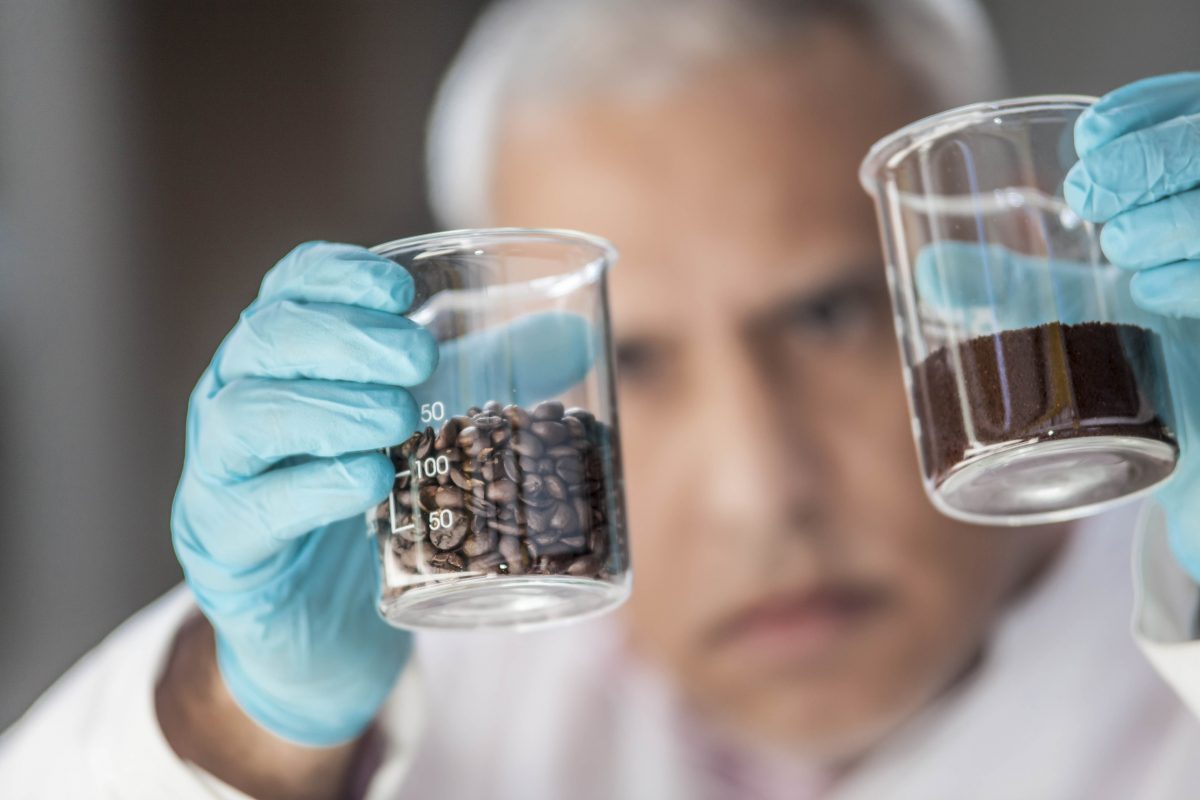
UC researchers will measure coffee acrylamide levels
The Department of Chemical Engineering and Bioprocesses at Universidad Católica (UC) will measure the levels of acrylamide in coffee for the first time in Chile. The potentially carcinogenic chemical compound is found in products processed at temperatures above 120° C.
The project has the support of the National Fund for Scientific and Technological Development from CONICYT, and researchers hope to come up with a healthy formulation for this type of hot drink.
“Coffee is the second most consumed beverage worldwide after water. Therefore, it is important to determine the amount of acrylamide present in this product that is imported into the country,” said Franco Pedreschi, Professor of Engineering at UC and Director of the Technological Center for Food Innovation.
He added that the toasting process is essential in the development of coffee, making it aromatic for the consumer. The researcher explained that this process causes chemical reactions that produce pollutants, such as acrylamide.
“Acrylamide is a potentially carcinogenic chemical compound that forms in foods rich in sugars and proteins when they are cooked or processed at temperatures above 120° C, such as baked goods, fried foods or, in this case, roasted coffee beans,” said Pedreschi.
The UC expert said that most of the products that have been studied have relatively low levels of acrylamide. However, the high consumption of coffee in Chile, which averages about 200 cups per person per year, makes the intake of this chemical compound significant.
Once the measurements are completed, the researchers will evaluate how to mitigate the possible harmful effects of acrylamide in coffee through the use of natural enzymes that are currently being tested in the formulation of fried and baked foods.
“The tests with natural enzymes produced by some types of plants, such as asparaginase, have decreased the levels of acrylamide by up to 90% in baked products,” stated the engineer.
In European countries, asparaginase has been tested in a wide variety of food products, including crackers, bread and fried potato-based products, with very good results. This work has been supported by UC researchers.




 Español
Español
